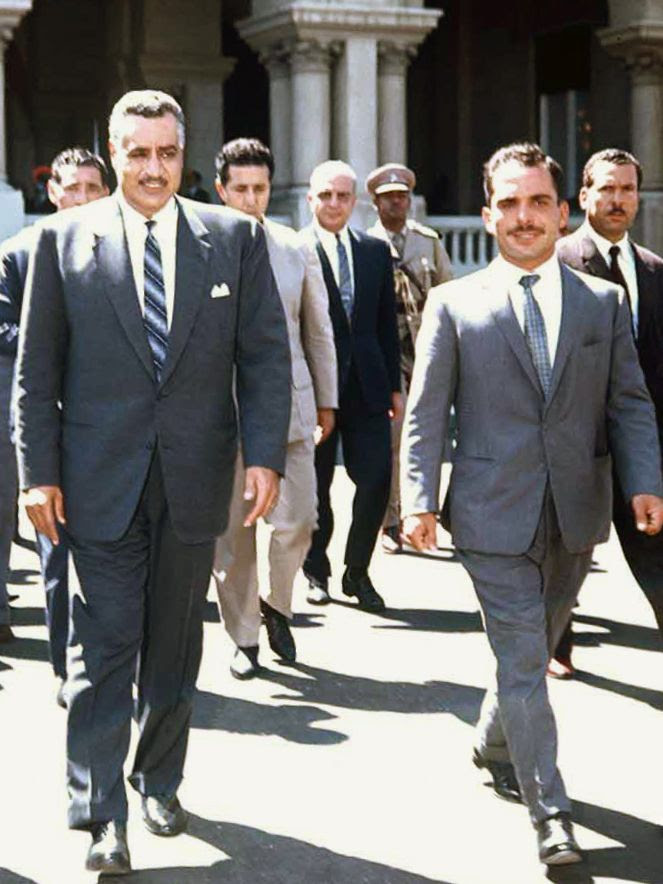Jerusalem of Gold
As part of the lead-up to the 1967, “The Voice of Israel Song Festival,” Jerusalem Mayor Teddy Kollek commissioned five songs to be written about Jerusalem. Naomi Shemer, already one of Israel’s most accomplished songwriters was one of those asked to compose a song. Her song, “Yerushalayim Shel Zahav” (Jerusalem of Gold), Sung by Shuli Nathan, was proclaimed as the hit of the festival. Though well received, it did not become the most popular Israeli song, after the National Anthem, Hatikvah, until three weeks after the June 1967 War, when Shemer added another stanza, emphasizing the return of all of Jerusalem to Israeli control.
May 19, 1967
UN Emergency Force (UNEF) in Sinai and Gaza Strip Withdraw at Nasser’s Demand
In early May 1967, Moscow circulates false reports that Israeli troops are massing on the Syrian border. Nasser, fearing that Israeli troops would also gather on the Egyptian border, feels compelled to uphold the mutual defense pact he had signed with Syria. On May 19th, the Egyptian President bans the 3,500 UNEF troops from Sinai so that he can mobilize Egyptian forces without interference. Nasser’s Vice-President, Zakaria Mohieddin announces, “It is high time to put a decisive end to Israel’s policy of bragging and arrogance.” It was promised to the Israelis in 1957, that the UNEF troops were not to be removed until consultation takes place at the Security Council; in this case, UN Secretary General U Thant makes an inexplicable executive decision and removes the UNEF peace keeping troops; the remilitarization of Sinai directly precipitates the June 1967 War.
May 23, 1967
Nasser Declares Tiran Straits Closed to Israeli Shipping and Cargoes; Announces Readiness for All-Out War
In a speech to his troops, Egyptian President Nasser states, “Yesterday the armed forces [of Egypt] occupied Sharm el-Sheikh. What does this mean? It is an affirmation of our rights, of our sovereignty over the Gulf of Aqaba, which constitutes Egyptian territorial waters. Under no circumstances can we permit the Israeli flag to pass through the Gulf of Aqaba. The Jews threaten war. We say that they are welcome to war, we are ready for war, our armed forces, our people, all of us are ready for war, but under no circumstances shall we abandon our rights. These are our waters...”
Photo: Public Domain
King Hussein (right) pictured with Nasser
May 30, 1967
Hussein of Jordan Signs Anti-Israel Pact with Egypt
King Hussein of Jordan, a figure who often aligns with Western interests, surprisingly joins Nasser in his alliance against Israel, fearing Nasser’s physical and ideological aggressiveness. The move adds to Israel’s encirclement by its Arab neighbors, driving the Israeli government to decide to take the military initiative away from numerically superior forces. Israel attacks Egyptian airfields on June 4, 1967, with the war against its Arab foes ending victoriously in favor of Israel within six days.



No comments:
Post a Comment